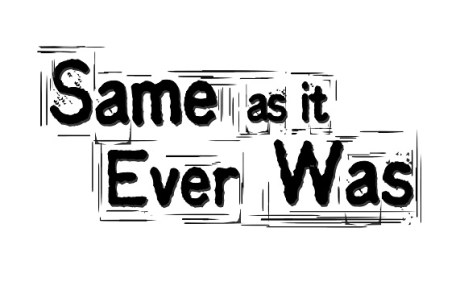KONAMI has announced that they’re turning EDENS ZERO, a manga by Hiro Mashima: who’s known for creating FAIRY TAIL and RAVE MASTER, into an action RPG. The press release states that this RPG will be releasing for PS5, Xbox Series X|S and PC via Windows and Steam sometime in 2025. Feel free to check out the brand new announcement trailer down below and read some more about the game from the latest press release.
The action RPG, brings Shiki, Rebecca, Weisz, Homura and other beloved characters from the popular manga for all to play on PlayStation 5, Xbox Series X|S, and PC(Steam/Windows).
In EDENS ZERO, tap into a character’s innate power and wield it through Ether Gear, as you relive key moments from the original story while making your own! EDENS ZERO is available now for wish-listing on digital platforms. Information regarding digital pre-orders and launch window will be revealed later.
About EDENS ZERO
Shiki is living in the dream kingdom of Granbell surrounded by machines when he meets the first visitors to the planet in 100 years, streamer Rebecca and her blue cat Happy.
This new group of friends now sets out on adventure to find the planet sized “Mother.”
Their adventure will entail overcoming powerful foes, making new friends, and exploring the universe on the Edens Zero spacecraft left behind by the machine Ziggy, who acted as his father and who was also known as ‘Demon King’.
If you’d like to know more about EDENS ZERO, visit the game’s official website.




